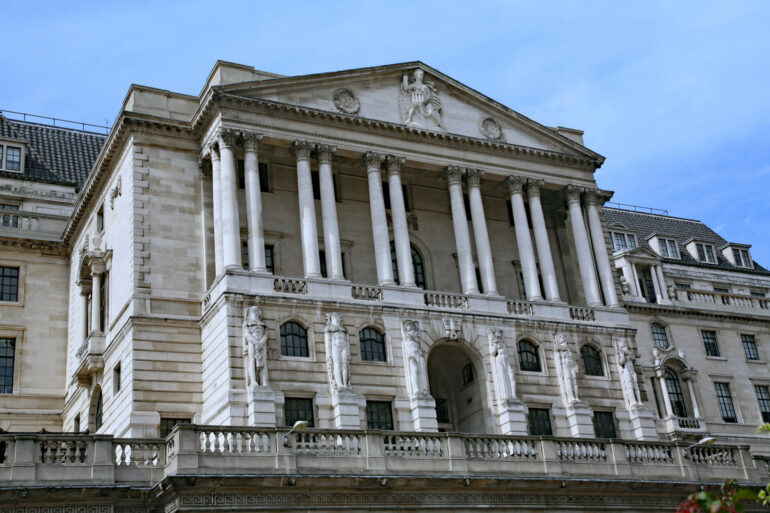The sharp rise in interest rates has caused the wealth of British households to plummet by £2.1tn over the past year. This is the most significant drop since World War II, according to a comprehensive new analysis published today by the Resolution Foundation in collaboration with the abrdn Financial Fairness Trust.
The report, “Peaked Interest?”, investigates the effect of rising interest rates on household wealth, potential living standards, and future wealth accumulation under the ‘new normal’ of elevated rates.
Ian Mulheirn, research associate at the Resolution Foundation, commented on the findings: “Over the past four decades wealth has soared across Britain, even when wages and incomes have stagnated. But rapid interest-rate rises have ended this boom and brought about the biggest fall in wealth since the war, of £2.1tn.”
However, Mulheirn also highlighted a silver lining: “There are winners too from a shift to a world of higher rates and lower wealth. Higher returns will make it far easier for younger people to save for a pension that delivers a decent standard of living in retirement, while lower house prices will make it easier for younger generations to get on the property ladder and others looking to trade up.”
Despite the substantial short-term impact on mortgage holders, the rise in interest rates could lead to longer-term benefits for younger people hoping to enter the property market and save for their pensions. Both these goals would become more affordable, potentially facilitating a fairer distribution of wealth.
Mubin Haq, CEO of abrdn Financial Fairness Trust, echoed Mulheirn’s sentiments, stating: “The short-term pain of higher interest rates for mortgage holders could also mean a longer-term gain for young people hoping to buy their own homes and saving for their pensions.”
In a world where asset ownership has been skewed towards older generations, Haq suggests that “rising interest rates could reverse the growth in wealth gaps Britain has seen over recent decades.”
The report concludes with a call to action for policymakers to focus on strategies to insulate households from dramatic shifts in their fortunes due to unpredictable economic forces.



